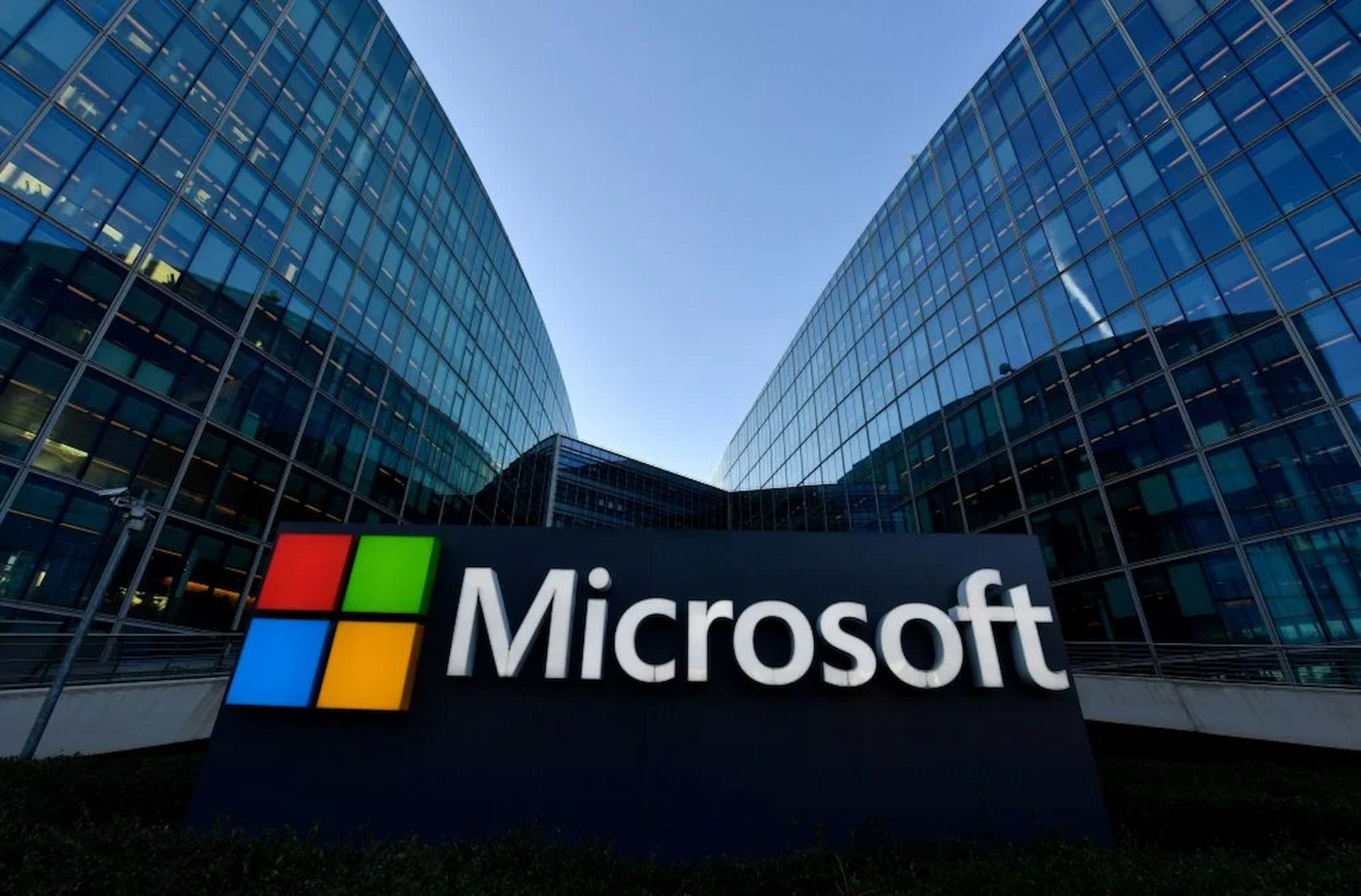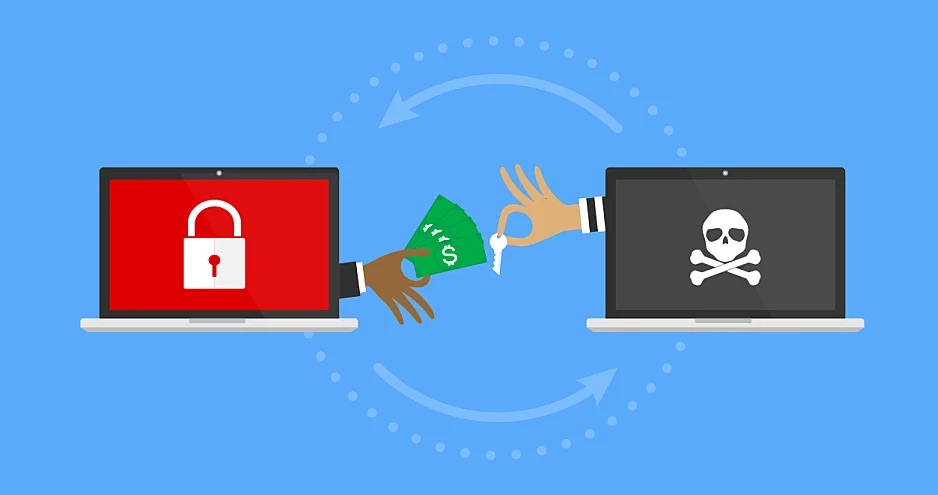The Slovak software company specialising in cybersecurity has discovered a GenAI-powered ransomware named PromptLock in its latest research report. The researchers describe it as the ‘first known AI-powered ransomware’. Although it has not been observed in an actual attack, it is considered a proof of concept (PoC) or a work in progress.
Researchers also found that this type of ransomware may have the ability to exfiltrate, encrypt, and possibly even destroy data.
They noted: ‘The PromptLock malware uses the gpt-oss-20b model from OpenAI locally via the Ollama API to generate malicious Lua scripts on the fly, which it then executes.’
The report highlights how AI tools have made it easier to create convincing phishing messages and deepfakes, lowering the barrier for less-skilled attackers. As ransomware becomes more widespread, often deployed by advanced persistent threat (APT) groups, AI is expected to increase both the scale and effectiveness of such attacks.
PromptLock demonstrates how AI can automate key ransomware stages, such as reconnaissance and data theft, faster than ever. The emergence of malware capable of adapting its tactics in real time signals a new and more dangerous frontier in cybercrime.
Additionally, the GenAI company Anthropic has published a threat intelligence report revealing that malicious actors have attempted to exploit its AI model, Claude, for cybercriminal activities. The report outlines eight cases, including three major incidents.
One involved a cybercriminal group using Claude to automate data theft and extortion, targeting 17 organisations. Another detailed how North Korean actors used Claude to create fake identities, pass interviews, and secure remote IT jobs to fund the regime. A third case involved a criminal using Claude to create sophisticated ransomware variants with strong encryption and advanced evasion techniques. Most attempts were detected and disrupted before being carried out.
Would you like to learn more about AI, tech and digital diplomacy? If so, ask our Diplo chatbot!










